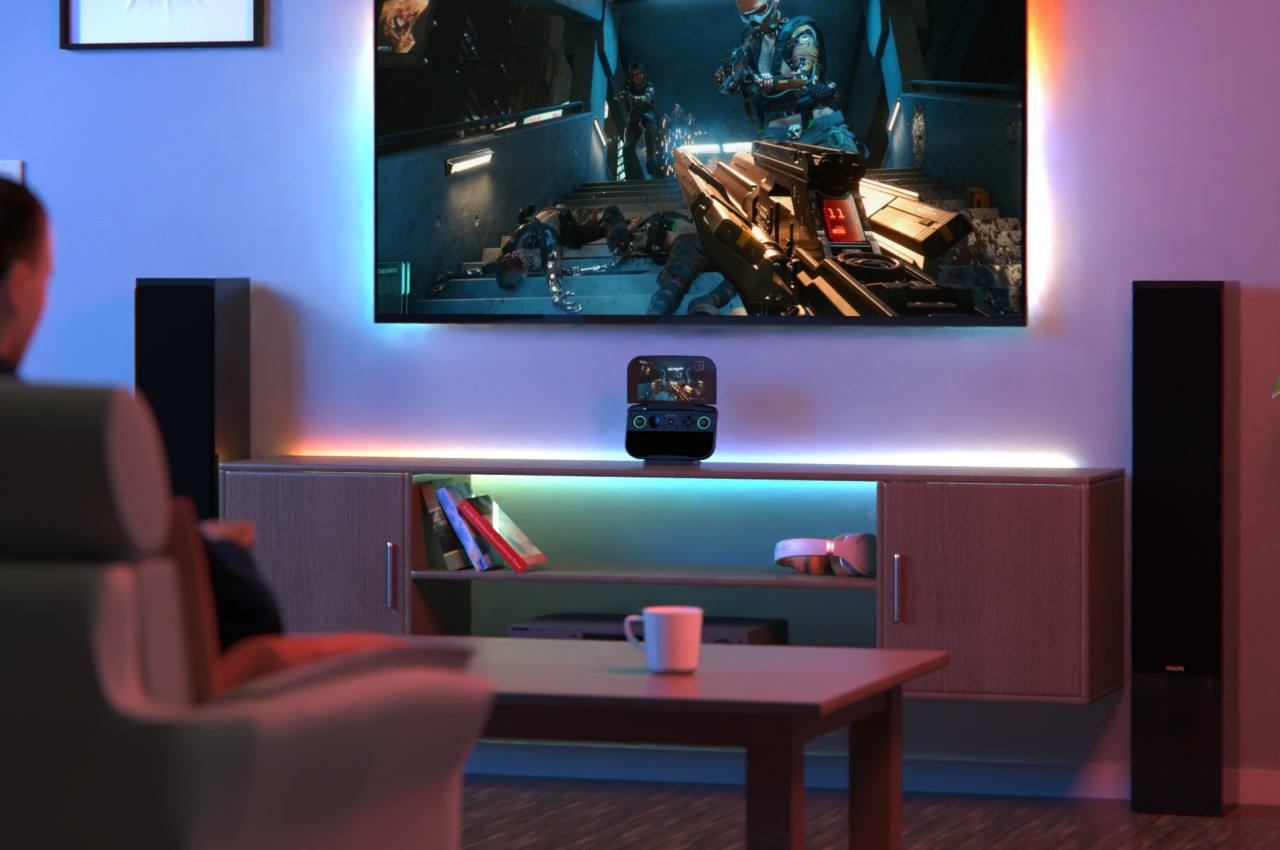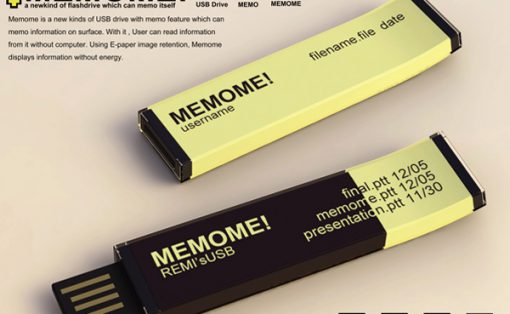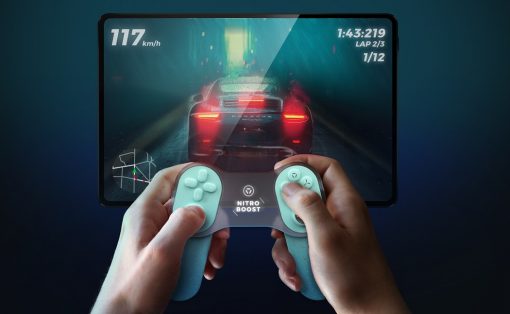Thanks to devices like the Steam Deck, ASUS ROG Ally, and Lenovo Legion GO, handheld PCs are becoming more common and more acceptable in the public’s eyes. That horizontal orientation, while more gaming-oriented, isn’t the only possible design, nor is it even the best option. There are other styles, particularly the laptop-like clamshell design, that offer a user experience that is slightly different but also a bit more flexible in its features. Of course, just because it looks like a mini laptop doesn’t mean it has to behave like one, and this particular handheld console concept stretches that design a bit further to transform a gaming device into a lifestyle product.
Designer: Viet Doan Duc
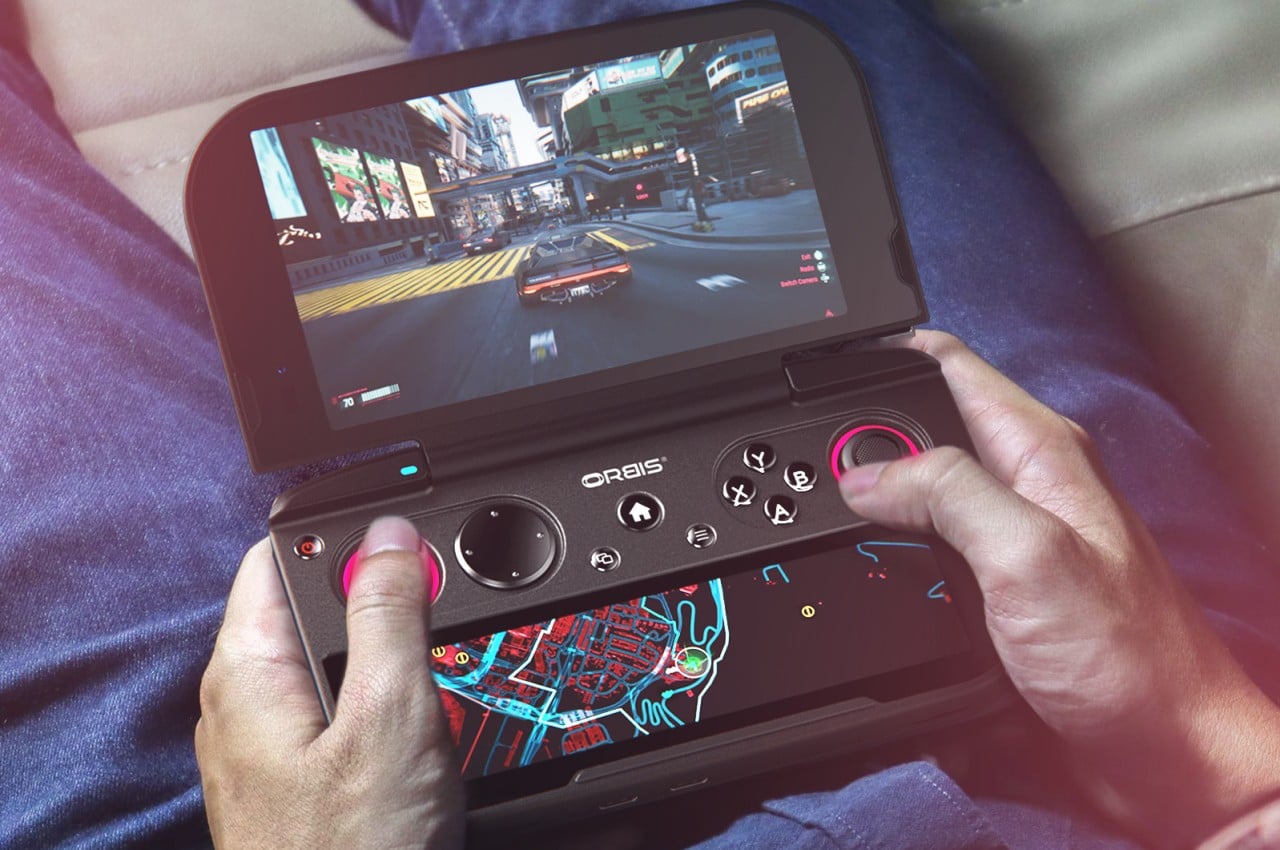
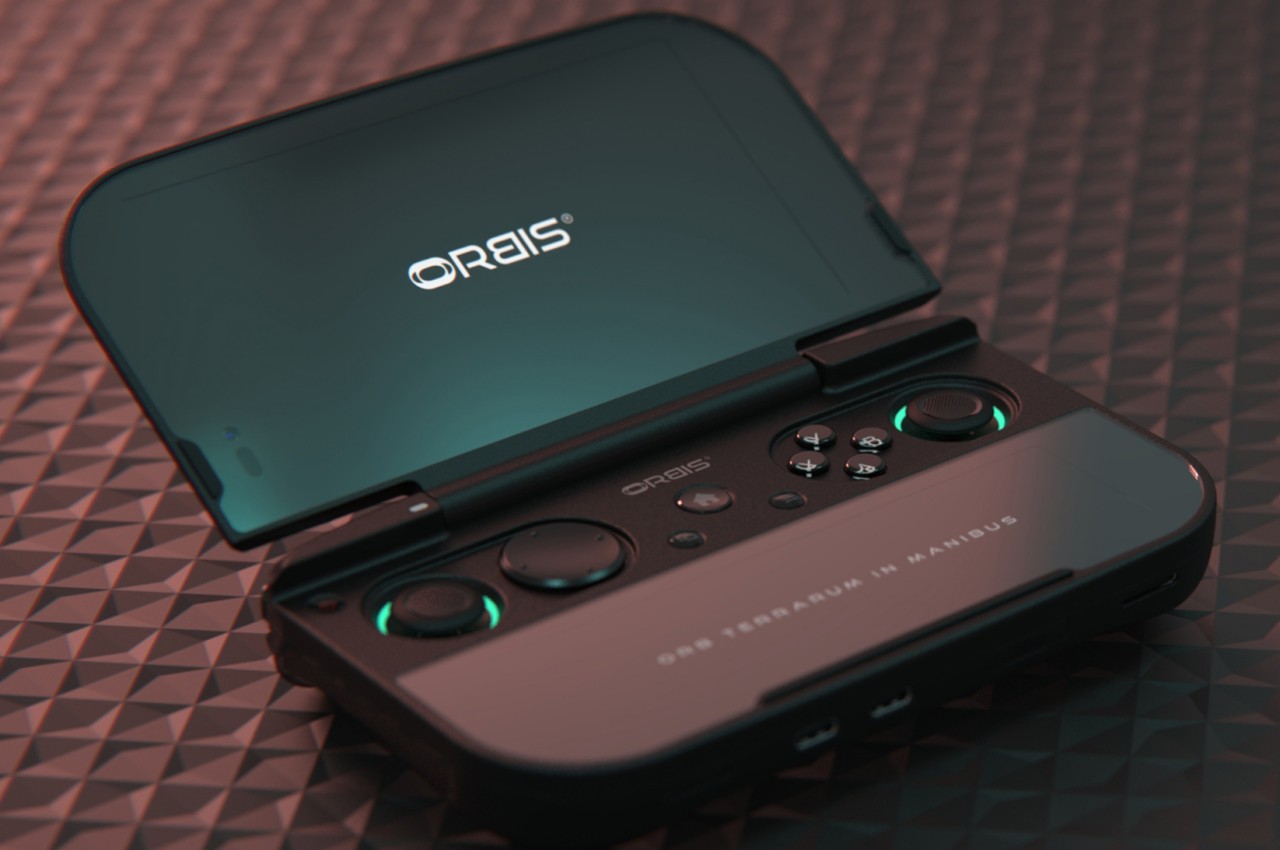
ORBIS, the name for this design concept, wouldn’t be the market’s first clamshell gaming handheld. Chinese brand GPD has been making such devices for years, and recently rival AYANEO even put out two designs for such a portable gaming machine, including one that tries to recreate the experience of the Nintendo DS. What ORBIS does differently, however, is how it gives as much attention on features that let users personalize the device’s appearance as on the specs that drive the use of the gaming computer.
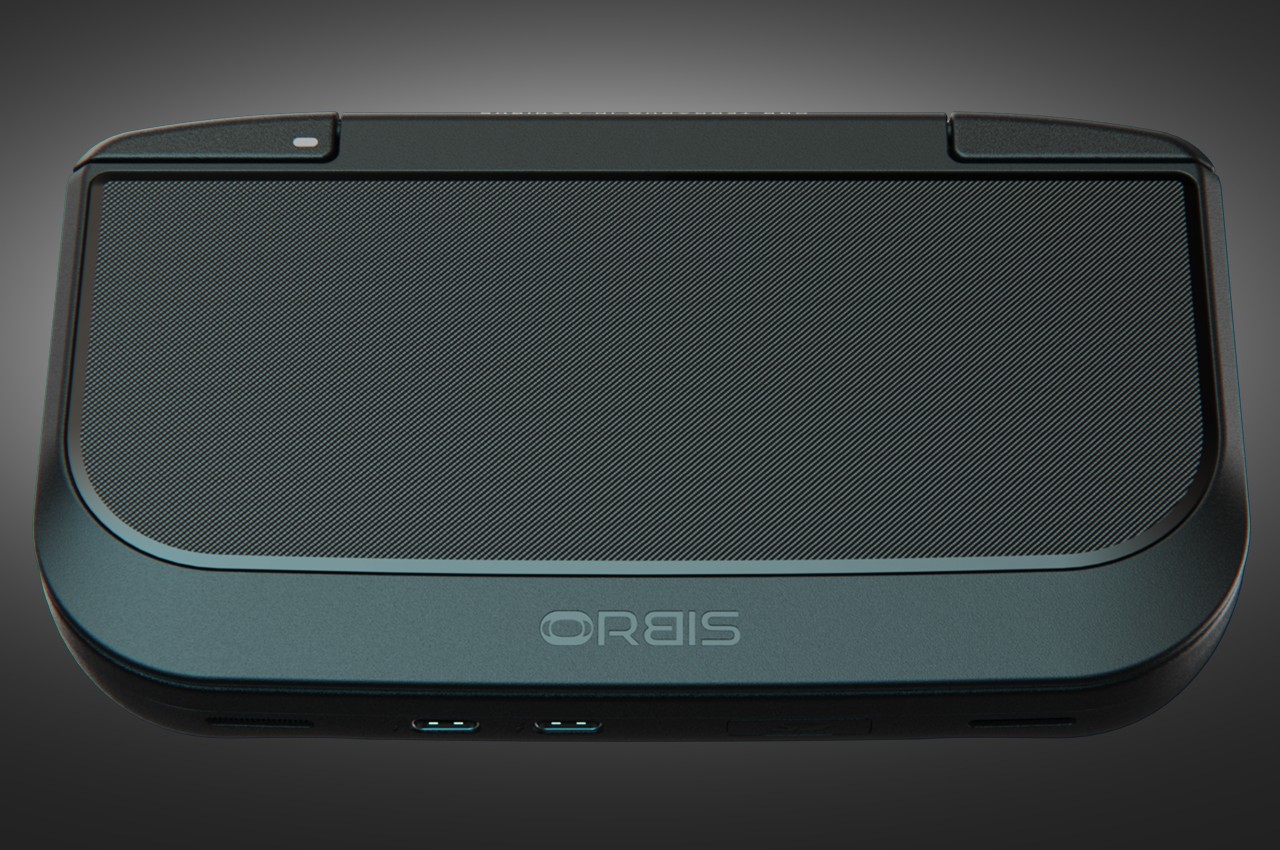
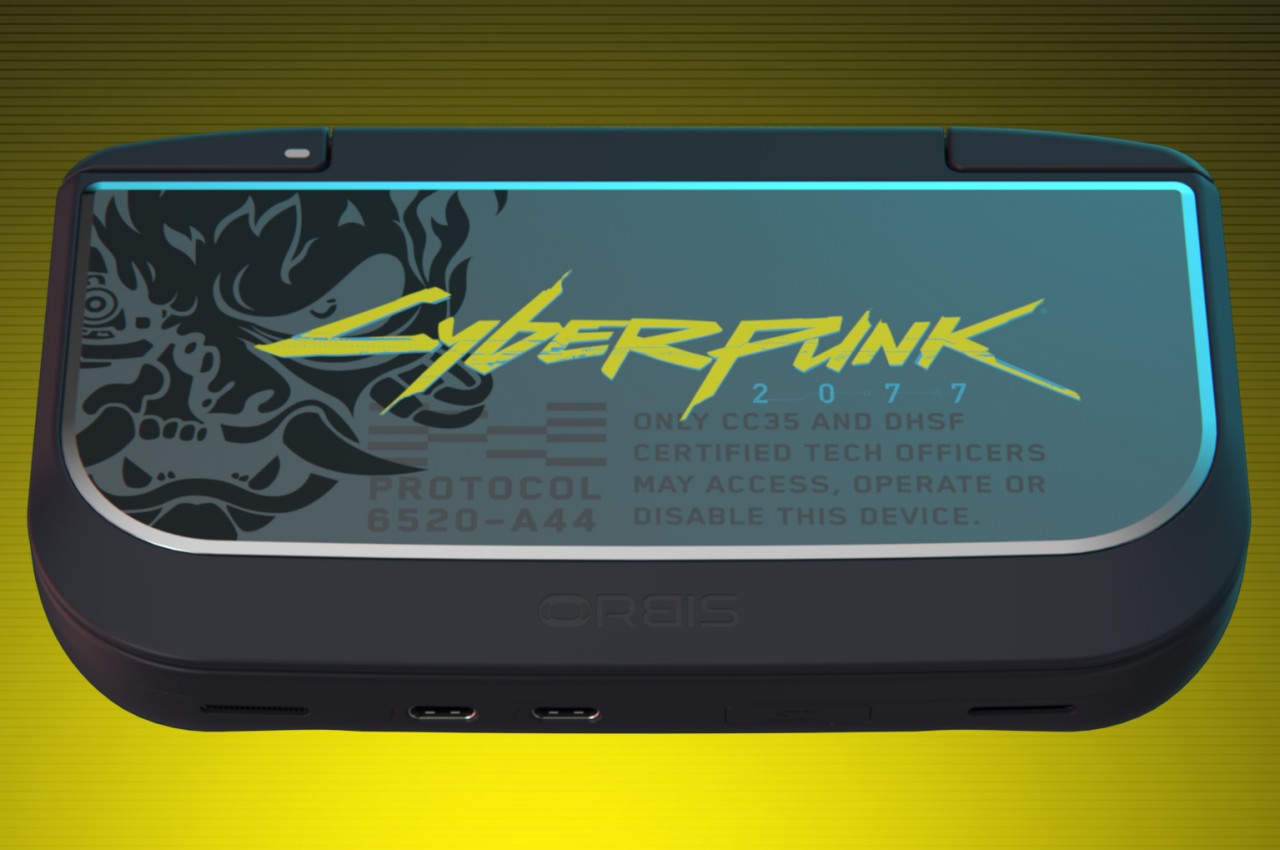
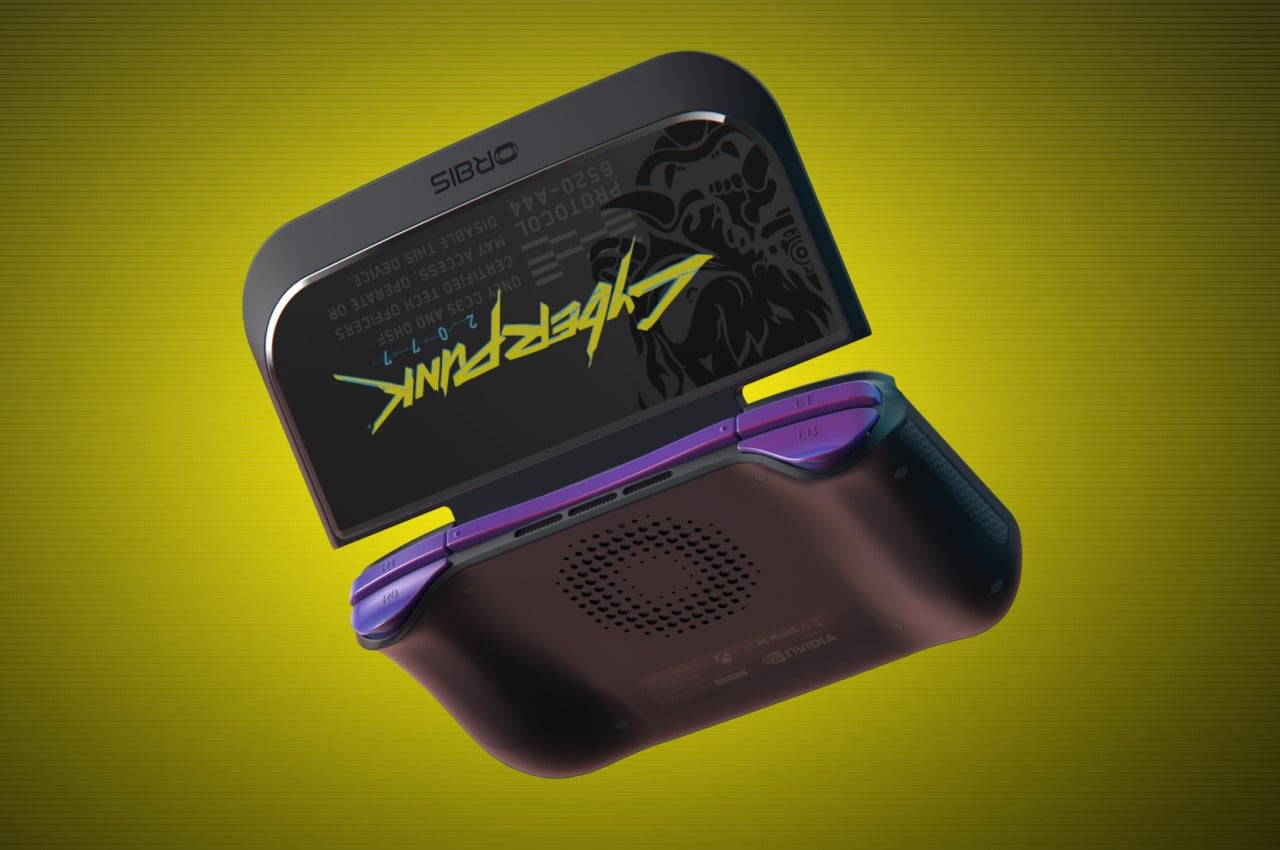
One simple yet significant example is how the removable ABS cover on the lid lets you customize the appearance of the device while also opening the doors to branded accessories. While you can also just slap on stickers like you would on a laptop, this system is more flexible, allowing users to swap out covers depending on their mood or style, just like how you could easily switch cases on smartphones. There is also RGB lighting encircling the analog sticks, delivering not only a gamer aesthetic but also increased visibility in the dark.
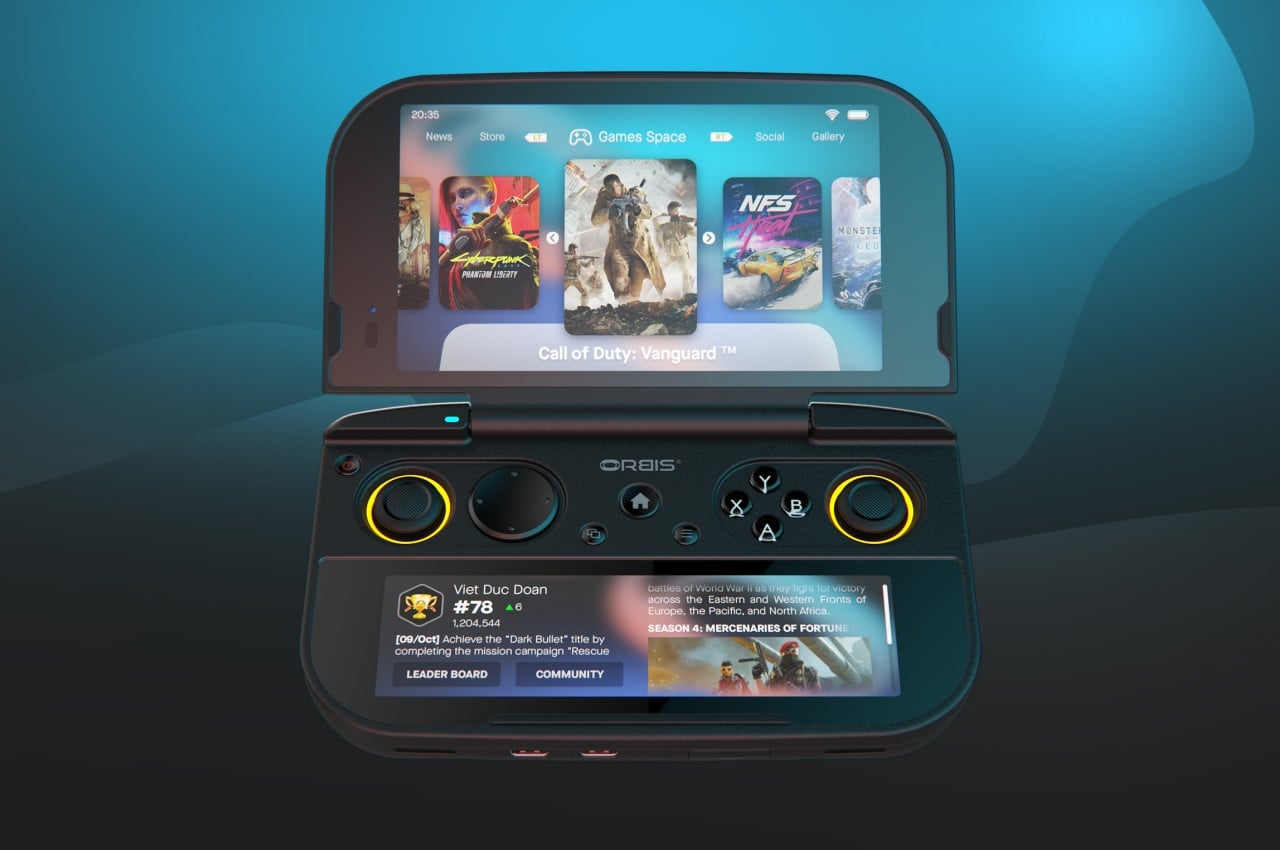
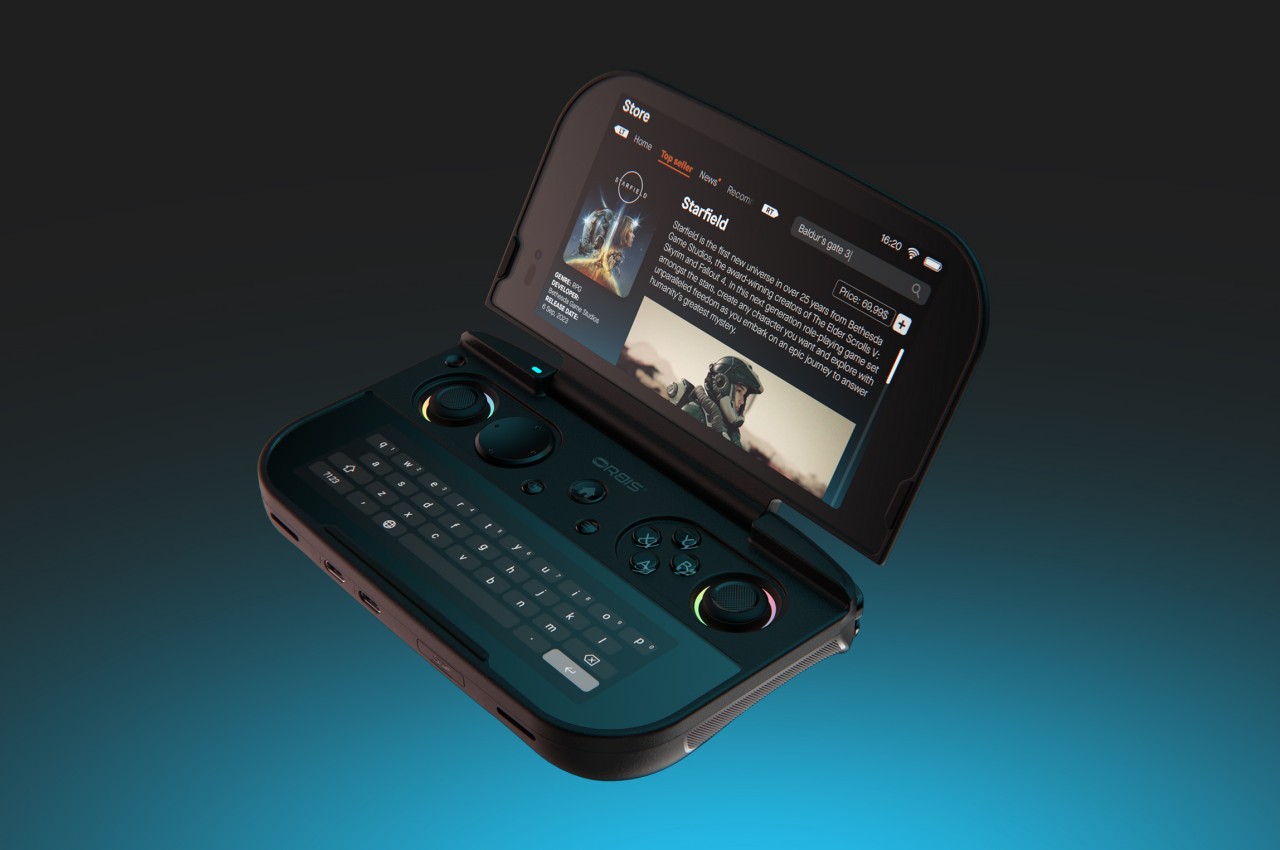
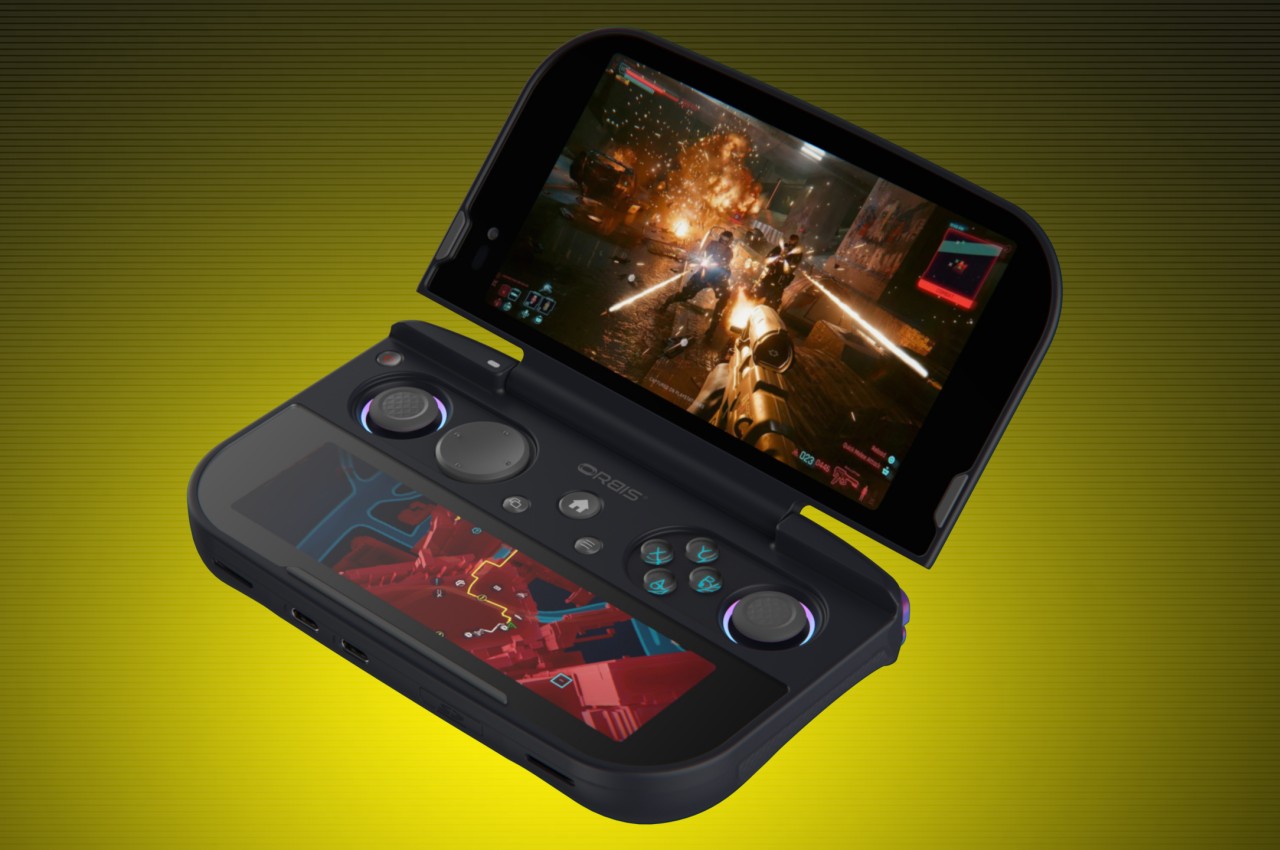
The ORBIS handheld takes a bit of inspiration from the Nintendo DS with its second screen right below the gamepad controls, but it also goes beyond what Nintendo’s popular handheld could accomplish. Because it is a gaming PC more than a closed console system, that touch screen can be used for different purposes, including a virtual keyboard. The typing experience will be awkward and difficult, yes, but it’s significantly better than what’s offered on the likes of the Steam Deck and ROG Ally.
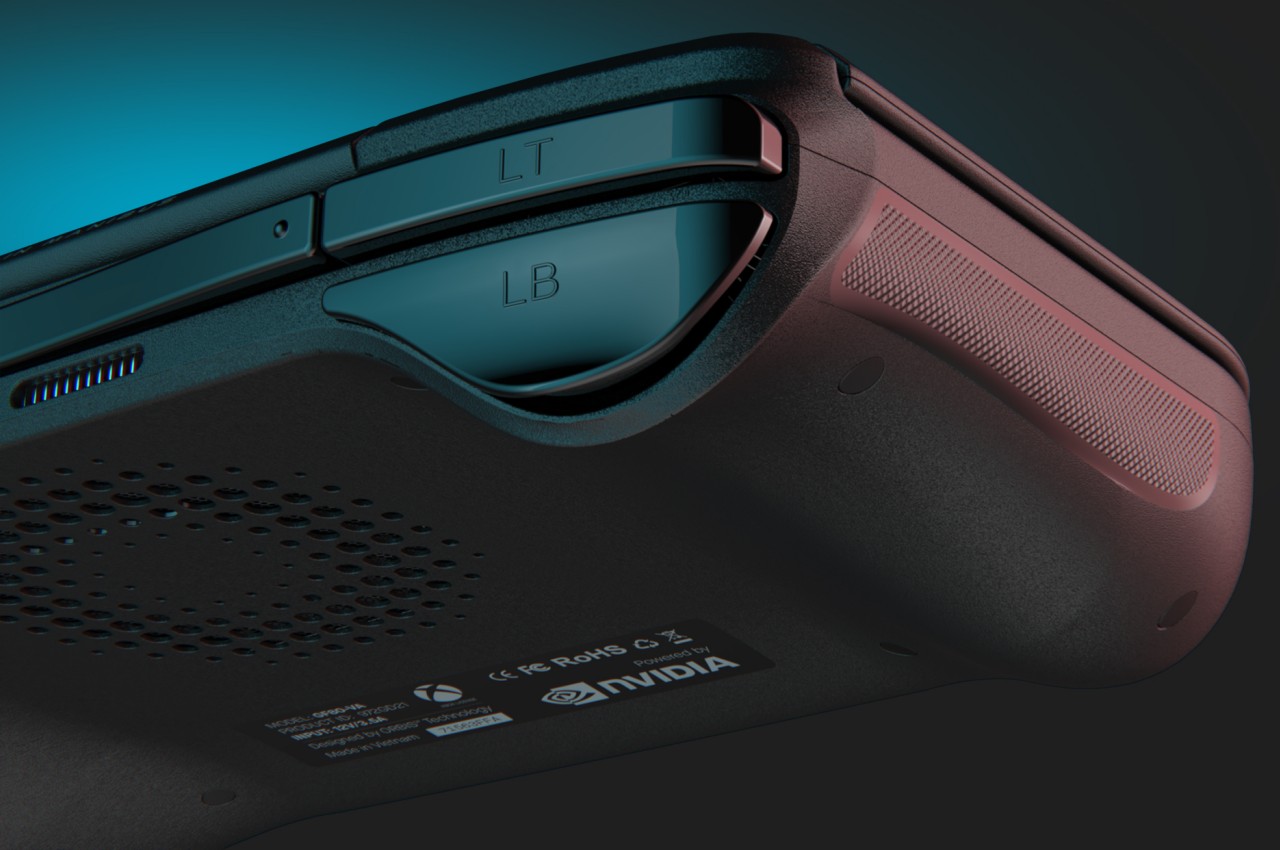
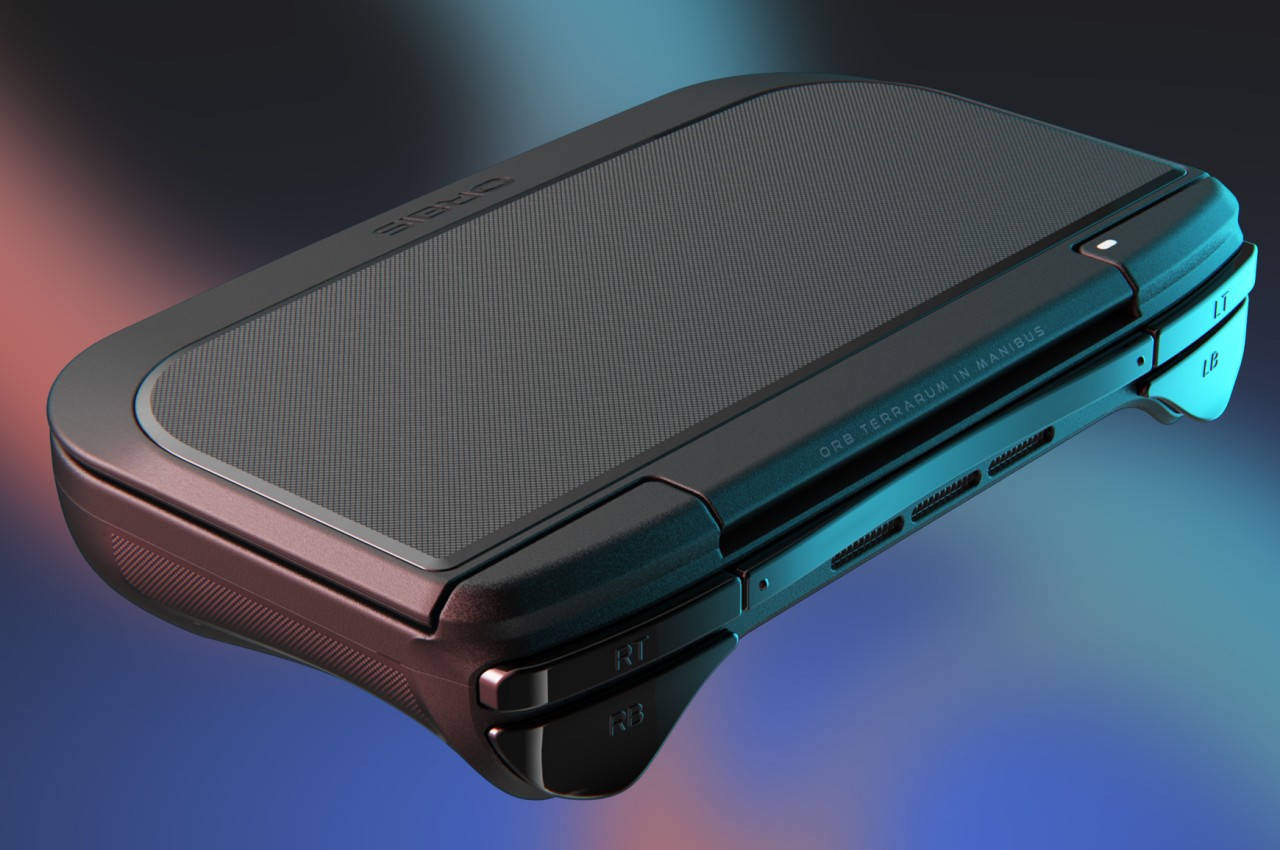
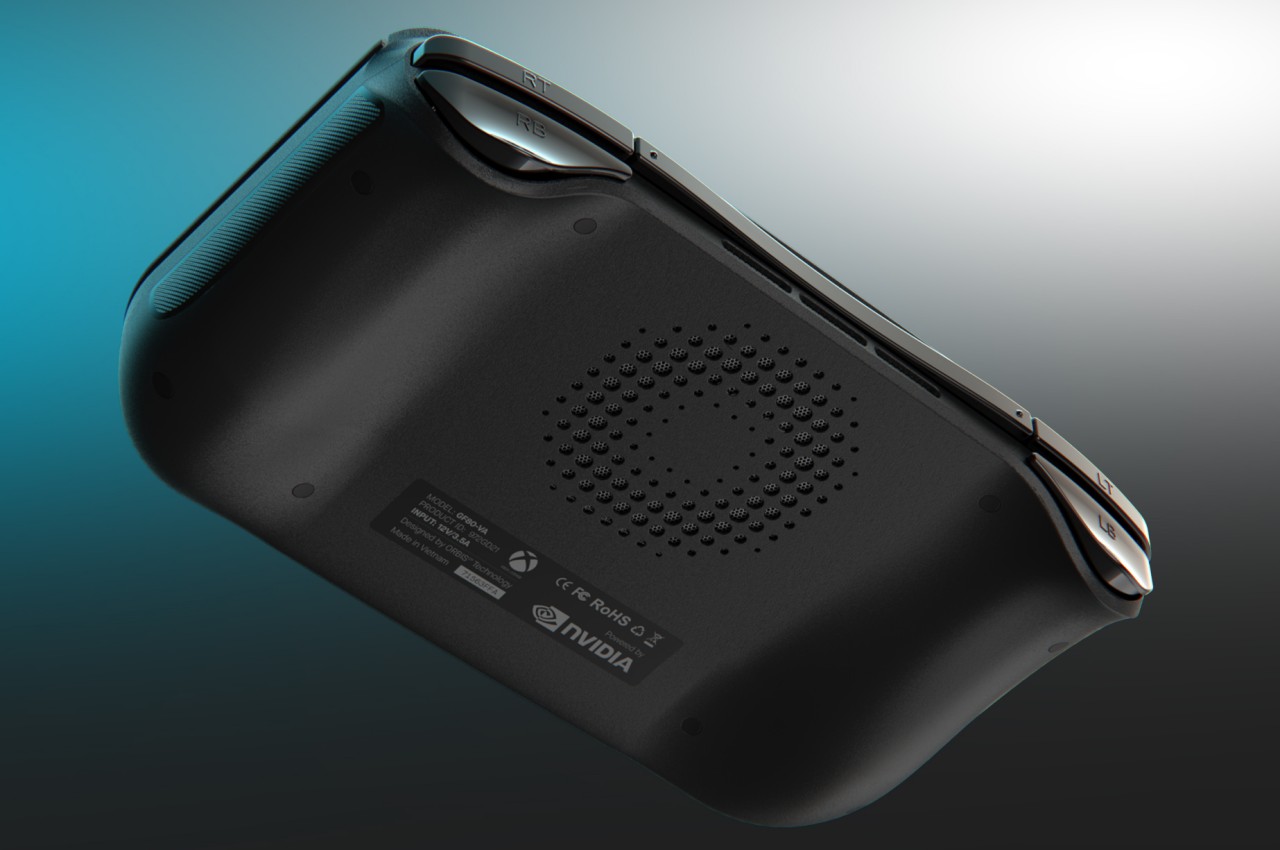
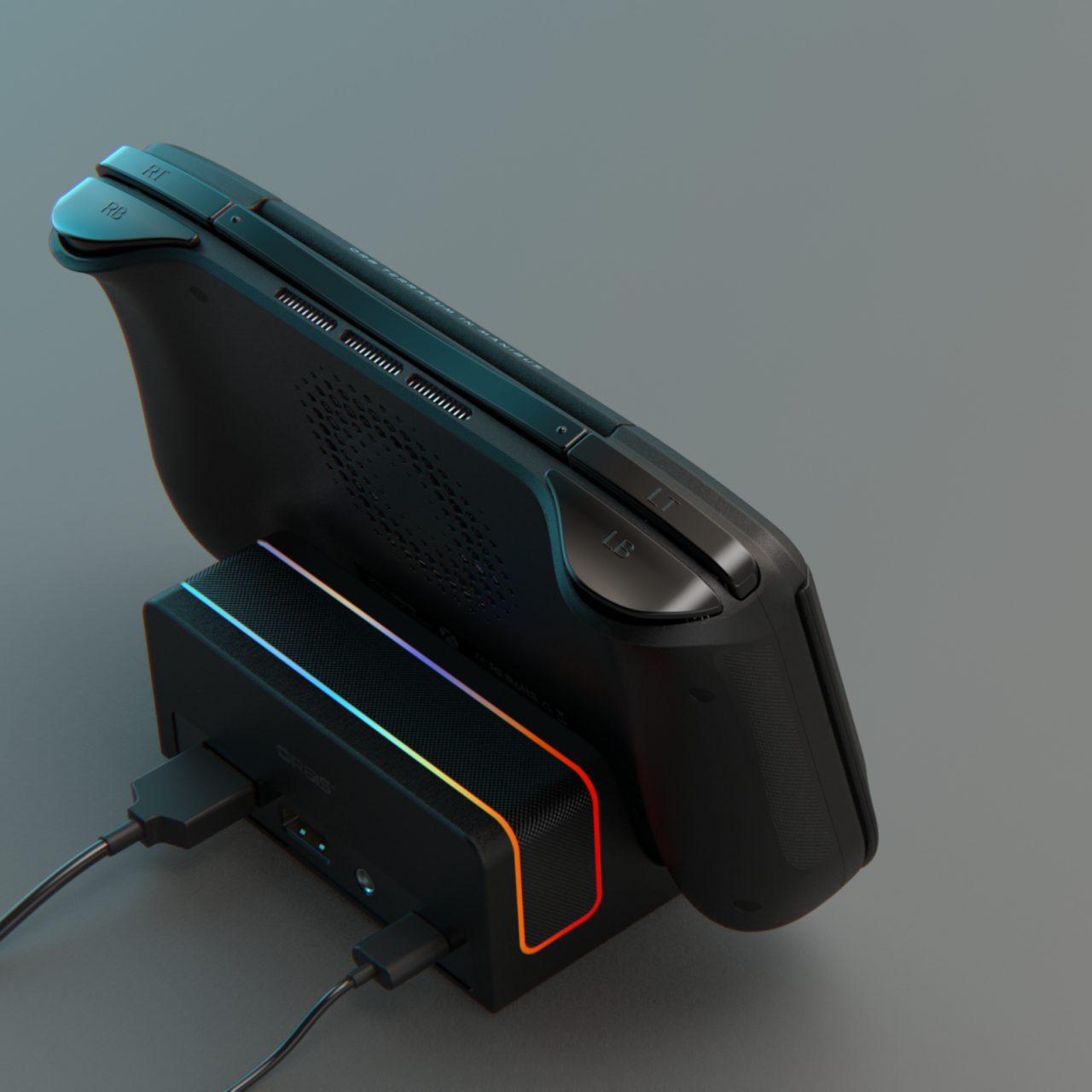
Admittedly, some parts of the ORBIS concept are a bit too idealistic, like the use of an ARM-based CPU (versus Intel or AMD) together with a high-end NVIDIA RTX graphics processor. Having two 5,200mAh batteries inside such a small and compact device is also unrealistic, without even considering things like thermal management and charging speeds. Of course, as a concept, it’s not wrong to sometimes shoot for the sky, and thankfully, some of the ideas here can actually be easily implemented, especially the parts that can significantly improve the user experience by simply allowing owners to customize their device to their hearts’ content.
